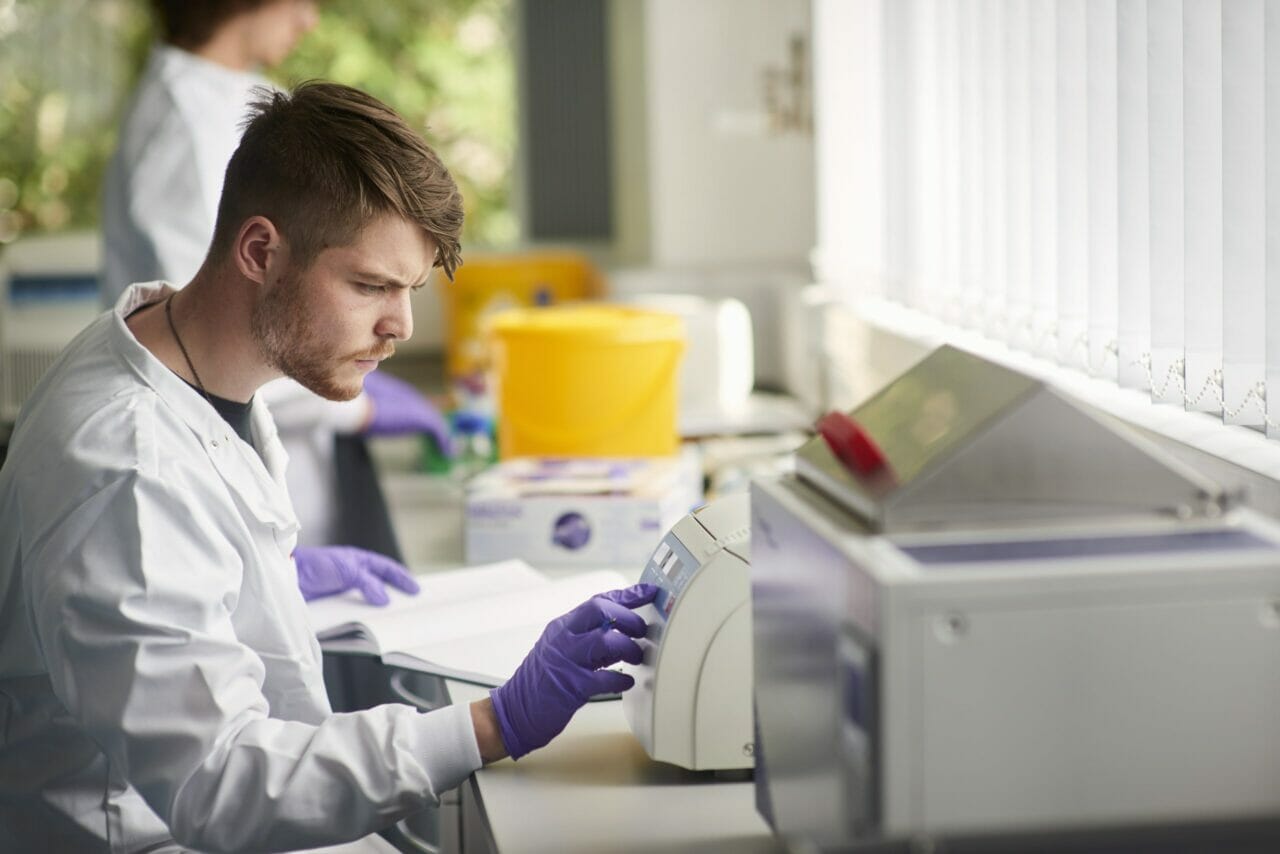Pathology laboratories are at the core of medical care, providing essential clinical tests that help medical professionals diagnose, treat and maintain the well-being of patients. Here we break down the most common tests performed in a pathology lab, shedding light on the importance and significance of each.
Pathology laboratories play a crucial role in modern medicine, providing the objective data physicians need to make their diagnoses. Cytologic and histologic tests allow detailed examination of cells and tissues, revealing any abnormalities that may be indicative of disease. Tests of blood and other body fluids give insight into body chemistry, helping to identify a variety of medical conditions. By understanding the basics of these tests, patients can have greater confidence and understanding about their medical treatments.
Cytology and Histology
Cytology is a specialty that deals with the study of cells in terms of structure, function and chemistry. In the pathology laboratory, cytologic testing often involves the microscopic examination of cell samples for signs of disease. One of the best known cytologic tests is the Papanicolaou (Pap) test, which is used to detect abnormal cellular changes in the cervix that could indicate the presence of cancer.
Histology is the study of biological tissues. Histologic testing in a pathology laboratory usually involves examining tissue samples under a microscope to identify any pathologic changes. These tests are critical in the diagnosis of a wide range of conditions, from cancers to inflammatory diseases. Tissue samples are “processed” through a series of steps – fixation, processing, embedding, sectioning and staining – before they can be examined under the microscope. Special stains can also be used to highlight specific tissue characteristics, providing more detail that allows for a more accurate diagnosis.
Blood and Body Fluid Tests
Tests of blood and other body fluids are an integral part of the work in pathology laboratories. These tests can offer a look at body chemistry and help detect everything from infections to genetic abnormalities. Blood tests can encompass a variety of tests, such as complete blood counts (CBC), blood chemistry tests, blood clotting tests, among others.
Urine tests, another common type of body fluid test, can detect everything from urinary tract infections to diabetes. Samples of cerebrospinal fluid, synovial fluid and pleural fluid can also be analyzed to inform physicians about the patient’s health status.
The future is at Kalstein
We in Kalstein open a new universe where you will find a place with the latest technological and scientific advances, we present the 3D platform, here you will find infinite manufacturers and distributors of laboratory equipment regardless of the type, you can design your profile and be in contact with every corner of the world, we offer unparalleled advantages in over 10 languages and have your own laboratory in 3D, buy, sell or rent equipment for laboratories or doctors, learn more HERE


